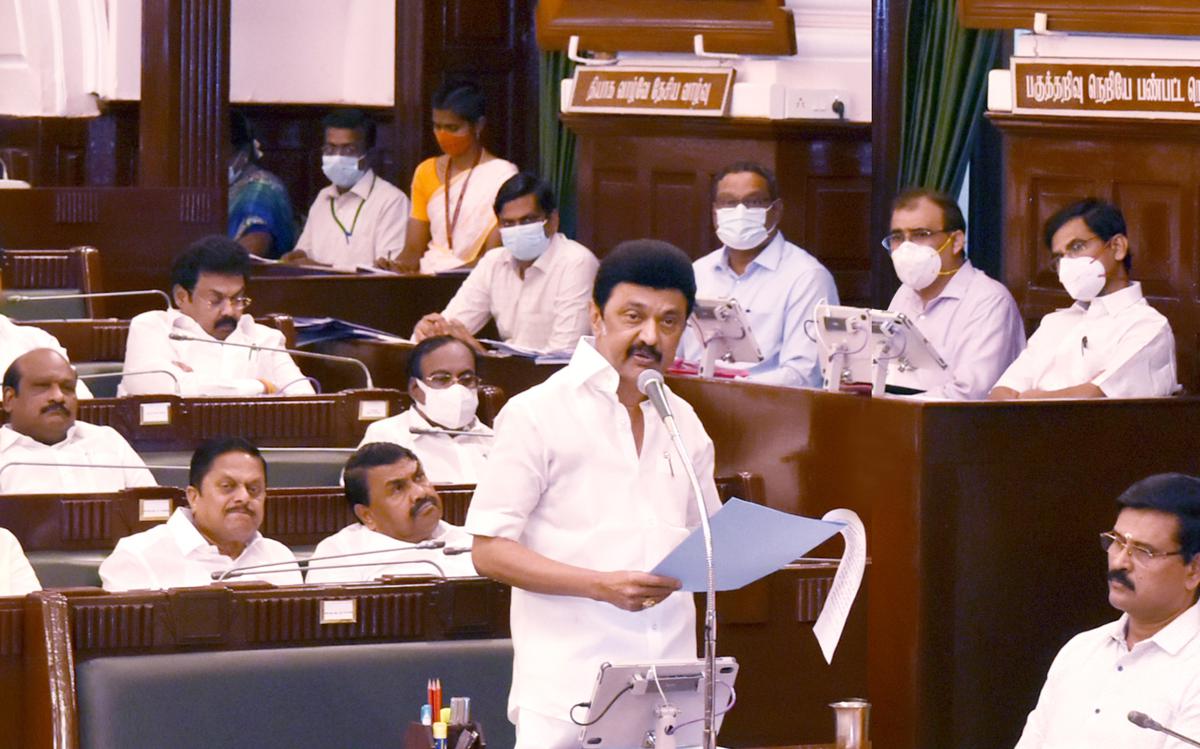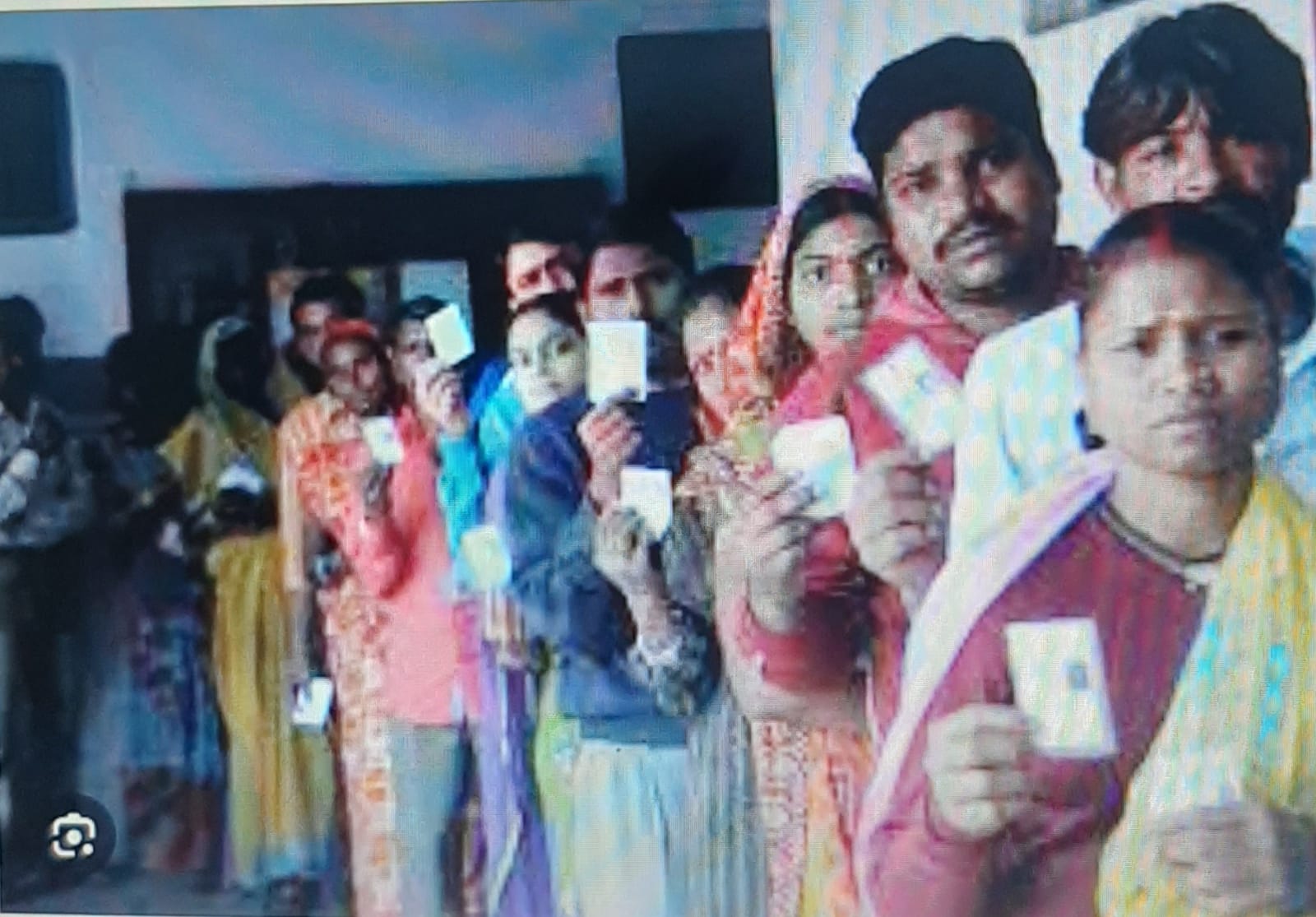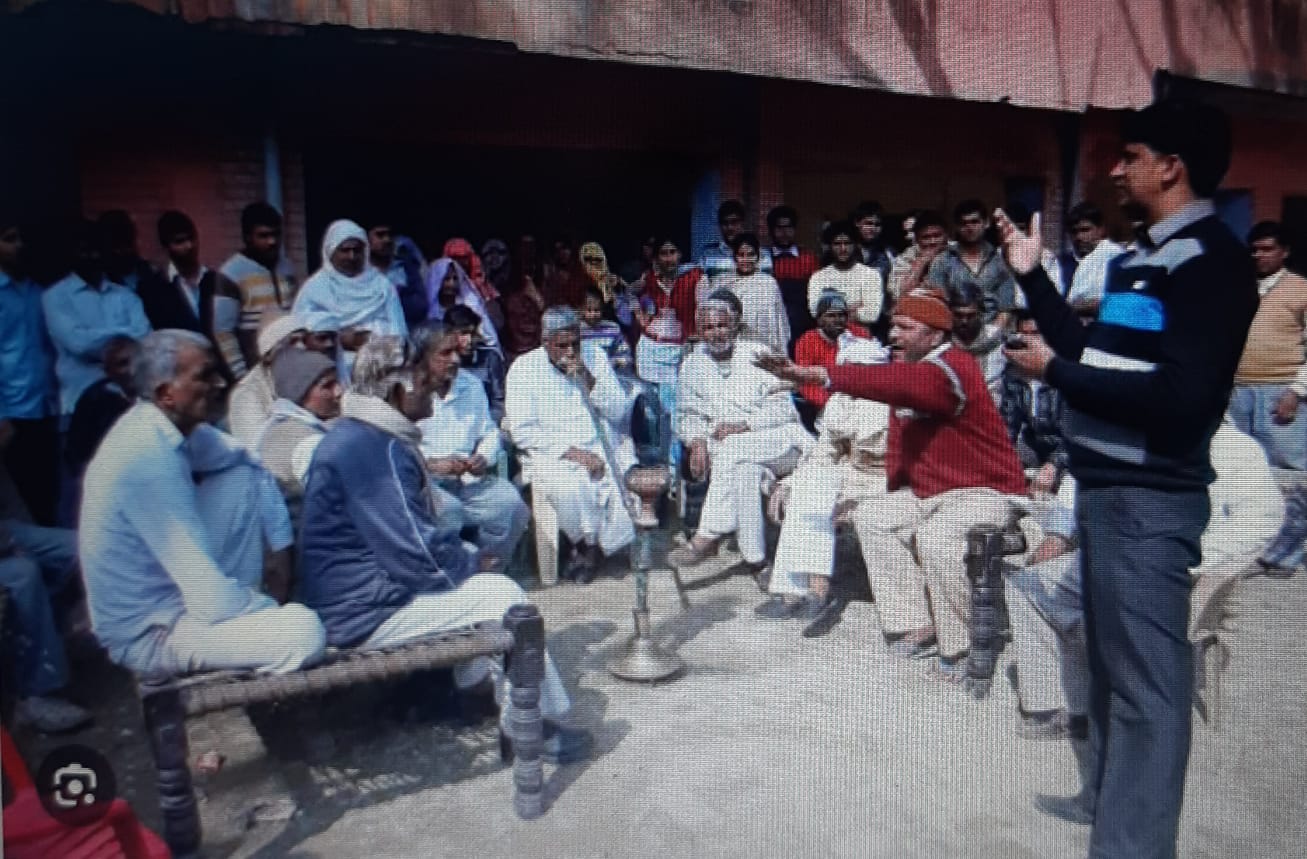
In the light of the Punchhi Commission report and the existing constitutional provisions, powers of Governors to appoint VCs in state universities should be curtailed, writes former IAS officer V S Pandey
The bedrock of any democracy is accountability towards the people. In our country, for reasons best known to those who governed this country for decades, this basic principle was circumvented time and time again by assigning executive functions to those who by virtue of their positions, were not accountable to people. This is the genesis of the law passed by the Tamil Nadu assembly – giving powers to the Chief Minister to appoint the Vice Chancellor of state universities funded by the state exchequer.
The Tamil Nadu assembly on Monday unanimously passed a resolution that empowered the MK Stalin-led government to appoint vice-chancellors to various universities in the state, a move aimed at curbing the governor’s say in the matter. The argument given by the government side emphasised that a government elected by the people being unable to appoint a vice chancellor to a university run by it, creates a lot of issues in the overall varsity administration. This is against democratic principles. It was pointed out during the debate on this bill in the TN assembly that the Punchhi Commission, led by a former Supreme Court Judge, that had been set up by the Centre in 2007, had recommended against appointment of VCs by the governor, a post “not provided in the Constitution”, as such power would lead to controversies and criticism.
The commission report had clearly mentioned that inevitably there would be a clash of functions and powers between the state government and the governor, leading to an anomalous and unwarranted situation. The Punchhi Commission, in its report, had questioned the practice of appointing Governors as chancellors in state universities. “Although there have been no judicial pronouncements that deal with the implications of vesting this sort of powers with the Governor, there have been cases that posit that in his capacity as a Chancellor of a university, the Governor acts in his discretion and not on the aid and advice of the Council of Ministers,” it has said.
The chief Minister of Tamil Nadu, during the debate, apprised the house that even in Gujarat, the home-state of Prime Minister Narendra Modi, vice-chancellors are not appointed by the governor but the state and went on to add this was the case with other states including Telangana and Karnataka.
Undoubtedly there are strong arguments in favour of the decision taken by the Tamil Nadu government to take away powers of State Governor regarding appointments of Vice Chancellor in Universities. Neither the governors nor the President of India are answerable to courts for any commission or omissions while discharging their official duties as they cannot be sued in any court of law. They are also not answerable to the people’s court, hence if they choose a wrong or unfit person to head an university and if the concerned Vice Chancellor chooses to act arbitrarily and in a corrupt way, then who should be held accountable for his actions, is a serious question that begs an answer.
Not long ago one such curious situation arose when the then President of India in his capacity as Visitor of a Central University chose a person as VC of that university overruling the advice of the then Human Resource Development Minister. That particular VC was alleged to have committed various improprieties including doubts about his credentials for being appointed as VC. The matter went up to the highest court of the land where the President acting as Visitor, was made party and notices were issued to him by the Supreme Court. Promptly, the then President’s secretariat replied that since the President cannot be sued, the Ministry of HRD should respond to the court on the issues raised in the petition and contest the matter. As the government was opposed to the appointment and the President acting as Visitor had chosen to appoint the concerned person, hence the ministry opined that they were not privy to the reason why he was chosen to head the concerned university by the Visitor. Though the issue was resolved without dragging the contentious issues into the open, a clear opinion had emerged that these issues need to be addressed strictly according to the framework set in the constitution.
In the light of the Punchhi Commission report and the existing constitutional provisions, a uniform policy across the country needs to be adopted of doing away with the power of governors to appoint vice chancellors in state universities and the power of the President of India that he enjoys as visitor.
This step will bring back accountability in the realm of higher education in our country. The existing system of “power with someone and accountability with someone else” has to end sooner than later.
Similar is the case of appointment of Director of CBI, Chief Vigilance Commissioner and such other positions where the leader of opposition and Judges of Supreme Court are part of the selection committee. Barring the Prime Minister, who is accountable to the people through parliament, others cannot be made accountable for their decisions. When accountability rests with the government alone, why should others be allowed to sit during the selection process of important functionaries of the government, is another question that has remained unanswered so far. These anomalies that have crept into our system over a period of time due to certain circumstances and court interventions need to be corrected urgently.
The Problem of inept governance, all pervasive corruption and unaccountable power structures are born out of the rot in our political process which has got mired in caste, religion and illicit money syndrome. Tinkering with the time-tested system of “authority with accountability has not helped and instead has egregiously harmed our nation. This dichotomy must be ended expeditiously.
(Vijay Shankar Pandey is former Secretary Government of India)









